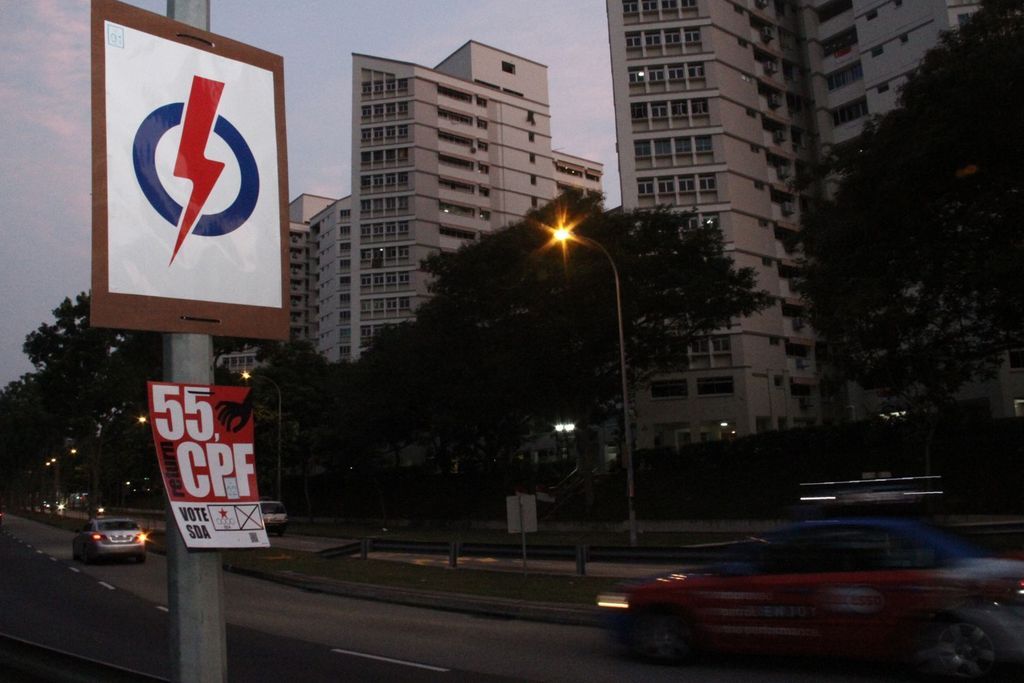With so many things that are happening and that have happened, I've decided to fire up my blog again.
Singapore is going into election day, and the media has been abuzz with election-related news and discussions. The parties in the opposition have received unprecedentedly positive attention this election cycle, and the role of social media in contemporary politics is undoubtedly the primary contributing factor.
My social media is full of messages in support of the opposition, although there certainly are enough supporters of the ruling party as well (especially the wealthier, conservative or typically apolitical people). It actually seems to have become quite a norm. And judging from the attendance at the opposition rallies, the sentiment on the ground is also pretty warm.
I think Singapore politics will see exciting days ahead. Like it or not, we are seeing a trend where we can expect more successful politicians to be those who have their ears closer to the ground. There are more debates among the public, and politicians of all stripes will have to be responsive to public sentiment, balancing traditional rationality with an appeal to citizens' passions.
But unlike conservative ideologues in Singapore, I will not hasten to trot out the label 'populism' here, because responsiveness and accountability to the electorate is part and parcel of a democratic system.
Too often, modern audiences are fixated on procedural democracy—on the process of holding elections—as well as on the representative part of democracy. However, the traditional idea of democracy was not usually limited to having an elected aristocracy. In democratic thinking, the people are meant to have a say in how they are governed. There is populism, and then there is democracy; the latter does not necessarily translate to the former just because one party no longer has a free hand to rule as they see fit.
Understandably, many in Singapore will feel some trepidation about the opening of the floodgates. Are we as a society ready for the full democratic experience? Will we be able to maintain current levels of prosperity when the ruling party no longer dominates local politics with impunity?
No matter who is in charge, the future will remain uncertain. As the financiers say, past success is not indicative of future performance. For now, it's time to prepare ourselves for societal change.
